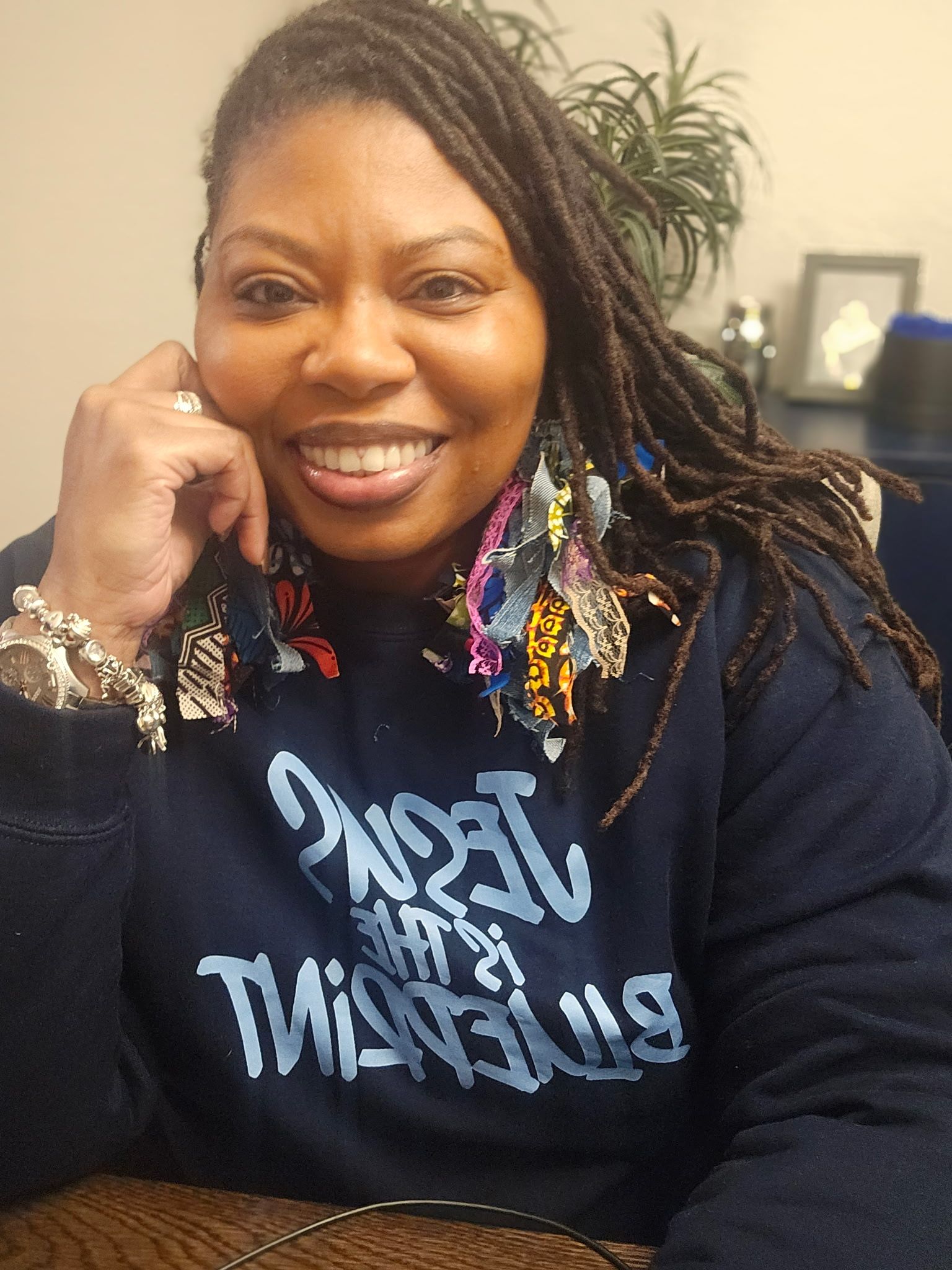Advocate Impact: Russell Oldmixon
February CASA Advocate Spotlight
Written By: Russel's Advocate Supervisor

Russell Oldmixon took his oath in February 2018 and immediately began his work with two children. The children had been placed in two separate placements and within two weeks, Russell had already contacted the caregivers and children. Russell has been very proactive in working with the children and all parties in the case. His Saturdays consist of attending parent/child visits and sibling visits. He is very attentive to family dynamics and how the children respond to each other and to their mother.
Russell has also made sure the children have adequate clothing by taking them to SA Threads. He consults with the children’s therapists on a regular basis and is very persistent in getting a response back from each therapist on the progress of each child. He has been able to relate some very important information regarding behaviors he himself has witnessed or has been informed of. When appropriate, he has advocated for CASA to assist in alternative forms of therapy such as Tae Kwon Do for one of the children. In addition, he advocated for the oldest child’s therapy to resume after a change in placement and was successful in getting it restarted. During the summer, he transported the oldest child to and from Boys & Girls Club to make sure she was getting appropriate socialization with peers her age.
(Russell) consults with the children’s therapists on a regular basis and is very persistent in getting a response back from each therapist on the progress of each child.
In meeting with children on a weekly basis, he makes it a point to take them on educational outings, such as to the library where they participated in the summer reading program. One of the most important outings would be to the zoo; neither child had ever been, so he took each and spent the day one-on-one. He brought the youngest to CASA’s Fall Festival and assisted in making their Halloween costumes. He made sure the oldest attended UTSA College Day, and often takes both for ice cream.
Russell also maintains weekly communication with the children’s teachers and school counselors. He made it a point to visit with the oldest child’s counselor when her placement changed because he was concerned that she might struggle with the change. When her placement changed, he assisted and made sure the transition was as smooth as possible. When he visits, he takes flash cards and other educational games with him. Russell keeps the Ad Litem updated on the children, sharing both positive fun experiences they've had along with his concerns. He has established a great relationship with all involved in the case. Russell has gone above and beyond his role as a CASA, he has dedicated his time to these children and truly “has their back” (as he says).

In December 2024, the Department requested TMC for a youth, Zoe, who was found to be homeless after both parents refused to accept parental responsibility. The mother had an extensive CPS history, and the alleged father had CPS history and a criminal history. While in care, life became challenging as Zoe made decisions that jeopardized placement; choosing to skip school, run away from placement, and get arrested for a misdemeanor charge. As a result of these behaviors, the Department placed Zoe in a facility out of state. In August 2025, Staff Advocate, Yvonne, accepted the Crossover Court Case involving Zoe. During the initial Zoom meeting between Yvonne and Zoe, the youth shared her love for sketching, singing, and making people smile. Zoe further shared her hopes and dreams with Yvonne; stating that if parental rights were terminated, she hopes to be adopted by a loving family and wants to pursue her dream of having a career in law enforcement. Recently, Yvonne had the opportunity to visit Zoe at her out-of-state placement, where their conversations were not limited by time on a video call. When Yvonne met Zoe in person, she shared that she couldn’t sleep the morning of Yvonne’s arrival because she feared that Yvonne would be another adult who did not show up for her. Yvonne was able to lay that worry to rest by simply keeping her word, a small act that means the world to the children CASA serves. During the visit, Zoe shared that she wanted to make her CASA proud by improving her school grades, staying out of trouble with peers at placement, and staying busy with extracurricular activities. Yvonne was happy to hear Zoe share her aspirations and encouraged Zoe to continue on this positive path. The conversations about Zoe’s day-to-day happenings in life led her to share the more traumatic events with Yvonne. Yvonne listened and provided a space for Zoe to share what she was comfortable with. Yvonne encouraged Zoe to continue processing her trauma and grief with her therapist and find peace, past the pain of being estranged from her family and individuals whom she trusted. Despite the setbacks Zoe has endured in efforts to restore family connections, Yvonne continues to show up and support Zoe in self-advocating for her educational and placement needs as she approaches adulthood. Zoe’s educational goal is to attend her senior prom and walk across the stage at a public high school to receive her diploma. Most importantly, Zoe hopes to be placed in a Texas foster home where she will be protected, loved, and trusted. Regardless of where life and the case takes Zoe, Yvonne will be there at every turn.







